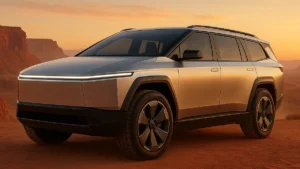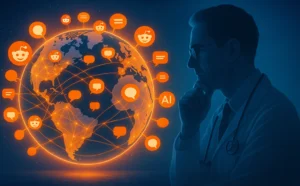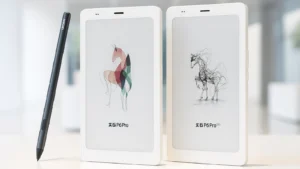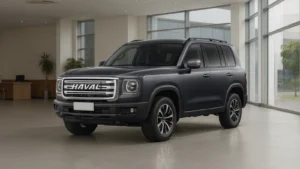When Apple showed off CarPlay Ultra, it promised to change how we use cars forever. Instead of just connecting your iPhone to the screen, this new version was meant to take over every display and control inside the car — from speedometers to air conditioning.
At first, everyone was excited. Big names like Ford, Mercedes-Benz, Volvo, and Audi said they were joining Apple’s vision. But by 2025, things looked very different. One by one, those same automakers started pulling back — leaving Aston Martin as the only one still moving forward.
The story isn’t just about Apple’s tech. It’s really about who controls the modern car’s digital future — Apple or the automakers.
From WWDC 2022 to the Aston Martin Launch
Apple first showed its next-generation CarPlay at WWDC 2022, promising a fully connected experience where your iPhone would power every part of your car’s digital world.
By 2024, Aston Martin confirmed it would be the first brand to bring CarPlay Ultra to market. But by late 2025, most of Apple’s original partners had changed course.
| Automaker | 2022 Plan | 2025 Update |
|---|---|---|
| Aston Martin | Confirmed | Launch partner |
| Audi | Confirmed | Dropped out |
| Mercedes-Benz | Confirmed | Focused on MB.OS |
| Volvo & Polestar | Confirmed | Staying with Android Automotive |
| Ford | Confirmed | Undecided |
| Renault | Confirmed | Rejected integration |
It’s a big shift — from enthusiasm to resistance — all within just a few years.
The Great Retreat: Who Backed Out and Why
Each brand had its own reason:
- Audi is prioritizing its updated MMI interface, which keeps its own look and feel.
- Mercedes-Benz is betting big on MB.OS, a homegrown system that powers everything from infotainment to over-the-air updates.
- Volvo and Polestar already run on Android Automotive, so adding Apple’s system would just overlap.
- Renault has spoken out about keeping control of its data and systems, aligning with Europe’s growing focus on data sovereignty.
- Ford and BMW remain cautious, balancing tech integration with long-term platform stability.
For many carmakers, the message is simple: they want their cars to feel like their own, not like iPhones on wheels.
Why Automakers Are Saying No
1. Control and Brand Identity
Car companies spend years building their style and user experience. If Apple takes over the dashboard, a Mercedes might feel just like any other car, which weakens its brand.
2. Data and Money
Modern cars collect tons of information — from routes to charging habits. That data helps companies improve products and even create new services. Sharing it with Apple means losing control over a valuable resource.
3. Technical Challenges
To make CarPlay Ultra work, Apple needs access to safety and performance systems. Rebuilding and certifying those features takes time and money — especially if Apple changes requirements later.
4. Waiting to See What Happens
Some automakers are simply being patient. If drivers start demanding CarPlay Ultra, they can always rejoin later. For now, they’re protecting what’s theirs.
Consumers Caught in the Middle
For drivers, this tug-of-war means a mix of experiences. Some cars will have Android-based systems, others will use the brand’s own software, and only a few — like future Aston Martins — will feature Apple’s full setup.
If you love Apple’s clean design, this might feel like a step backward. But for automakers, it’s about keeping control of their identity — and their future.
The Bigger Picture
This isn’t just about dashboards. It’s the smartphone war all over again, but now it’s happening inside your car.
Automakers want to become software companies, building their own digital worlds. Apple, meanwhile, wants to make the car another piece of its ecosystem. Who wins this fight will shape the next decade of driving — from how cars look to how we connect on the road.
The Takeaway
Apple learned that not every industry is ready to give up control, no matter how polished the experience.
And automakers learned that being high-tech doesn’t mean letting someone else take the wheel.
The future of in-car tech won’t be about domination — it’ll be about compromise and collaboration.
Last Updated on October 18, 2025 by Lucy




